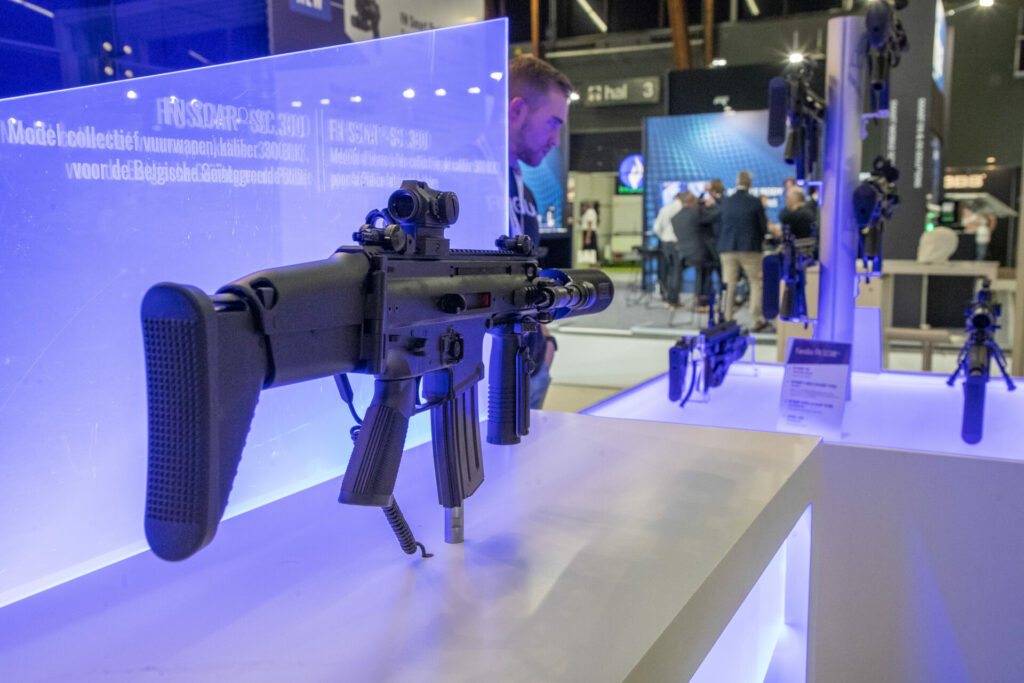Belgium's production of arms and ammunition dropped 30% last year, despite demand for military equipment rising due to Russia's invasion of Ukraine. This was partly a result of fewer weapons being exported to Saudi Arabia.
Following Russia's aggression, many EU countries almost immediately announced to invest heavily in the production of arms to send to Ukraine. But 2022 saw Belgium produce just €426 million worth of arms and ammunition – a 30% drop from 2021 half of 2019 figures, De Standaard reported on Friday.
A report published last month showed that despite Prime Minister Alexander De Croo's repeated calls for Ukraine to be given the means "to defend itself against Russia's brutal aggression", Belgium has proportionally sent far less aid to the government in Kyiv than its neighbours.
Most of the weapons sent so far came from the stocks of the armies of NATO countries rather than directly from European arms manufacturers. NATO itself warned last month that the current rate of Ukraine's ammunition use is many times higher than its current rate of production.
Belgium loses biggest client
The overall turnover of the Belgian defence industry declined, figures from sector organisation Agoria and the National Bank showed. The turnover of the security and defence sector dropped from €2.14 to 2.04 billion. Agoria's defence specialist Georges Heeren said that this is mainly due to the expiry of large contracts with a major player, which he could not name.
The largest producers of arms and ammunition based in Wallonia — FN Herstal, Mecar and John Cockerill Defense — lost contracts with Saudi Arabia, a major customer in recent years. This country alone accounted for more than 40% of Belgium's arms and ammunition exports between 2017 and 2019.
Related News
- Belgium among 18 European countries buying ammunition for Ukraine
- Stoltenberg asks Bern to allow re-export of arms
Some estimates even show that, at one point, Saudi Arabia would have accounted for 80% of John Cockerill Defense's sales, 60% at Mecar and 50% at FN Herstal.
However, the region itself also became much more reluctant to issue export licences to the country due to its war in Yemen and the murder of journalist Jamal Khashoggi, which has resulted in arms exports falling almost completely flat.
Despite the drop in 2022, a revival of the Belgian defence industry is expected, as armies that have supplied arms and ammunition to Ukraine will now have to replenish their stocks and turn to defence companies, while European countries are increasing their defence budgets, including Belgium.

